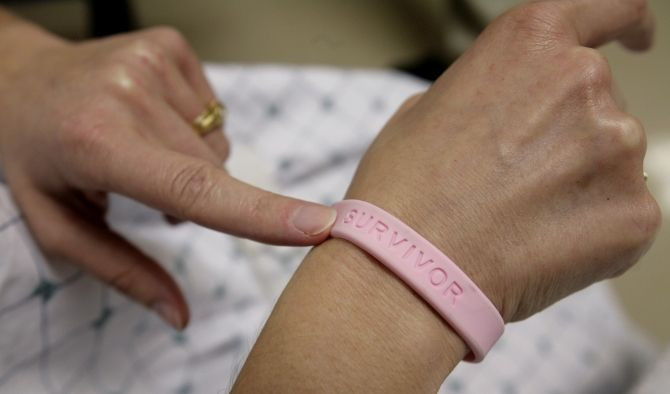Advanced Cancer Patients Overly Optimistic That Chemotherapy Will Cure Them

A study recently published in the New England Journal of Medicine has found that most patients with advanced forms of certain deadly cancers believe that chemotherapy will cure them.
The study, written by researchers from the Dana-Farber Cancer Institute and Harvard University, surveyed 1,193 patients who had been diagnosed with either metastatic lung cancer or advanced colorectal cancer. Both cancers are unlikely to be cured by chemotherapy. The researchers asked patients how likely that they thought it was that their chemotherapy would cure them, help them live longer, or provide other benefits. Patients were also asked to rate how well their doctors listened and explained things to them, including any upsides and downsides of treatment.
A total of 69 percent of the patients with lung cancer and 81 percent of those with colorectal cancer believed that their chemotherapy would cure them.
Surprisingly, people who said that their doctors had communicated well with them were also more likely to believe that chemotherapy would cure them. Researchers believe that it may be that physicians who paint a rosier picture for their patients may be better-received, and therefore thought of as better communicators. But the study authors also considered other causes: that patients did not comprehend what was being told to them, that doctors were being unclear, or that doctors' grim prognosis rapidly gave way to a list of possible solutions, which could give patients an overinflated sense of hope.
At such an advanced stage of those forms of cancer, a cure from chemotherapy would be extremely unlikely. In most cases, chemotherapy can be used to extend lives of patients by weeks or months, though at the risk of some severe side effects.
"Their expectations are way out of line with reality," Dr. Deborah Schrag, from the Dana-Farber Cancer Institute and one of the study authors, said to Reuters Health. "This is not about bad doctors and it's not about unintelligent patients. This is a complex communication dynamic. It's hard to talk to people and tell them we can't cure your cancer" since doctors find it uncomfortable to force grim news to sink in and patients often do not want to hear it."
Researchers worry that a belief in the curative power of chemotherapy may cause patients to embrace the treatment without thinking of all the possible drawbacks.
Published by Medicaldaily.com



























